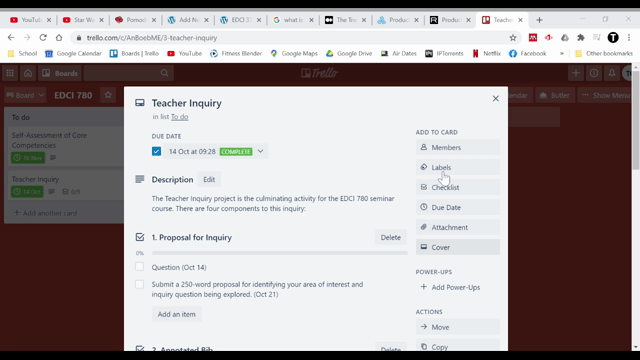Episode 5: Inquiry for Inquiry’s Sake
This week in class we had the opportunity to hear from Jeff Hopkins of the Pacific School of Innovation and Inquiry (PSII). His school focuses on giving students the ability to expand their learning through less structured education. Students have overarching inquiry projects that require them to expand their knowledge in some capacity. The students can achieve this through access to various resources with the aim of having the learners take charge of their learning and develop their knowledge in the areas that support their inquiry projects.
This style of institution, and teaching practice as a whole, has direct relevance to the inquiry project I am doing at Belmont School. The inquiry question I initially developed was: “How can didactic and inquiry based modes be balanced effectively in a science classroom?” While I initially though PSII neatly sidestepped this question altogether by responding with “let the learners decide when they want to go attend specific classes,” I have since revised that belief. While PSII uses inquiry as its guiding teaching principle this doesn’t necessarily extend to the form that their classes may take. Without experiencing their classes firsthand I cannot make any assumptions about their classes, but I can imagine that even in the most innovative institutions some undesirable teaching practices may be seen (most notably boring lectures).
Looking at how Inquiry was implemented on an institutional level led me to reassess my views of what it means to use inquiry in schools. Previously I had only imagined using it on a classroom scale, within my class (because I felt that that is the area I would be most likely to influence). I also thought that inquiry was diametric opposite to didactic. However, over the course of the semester is have found this thinking to be incorrect. This led me to shift my question to “what methods can we use to engage students in science within the classroom.” This change was due in part to my observation that while PSII uses inquiry on a large scale, that does not mean that it must be seen within the classes to a large degree, and that isnt necessarily a bad thing.
Here is a meme I made for this occasion:



